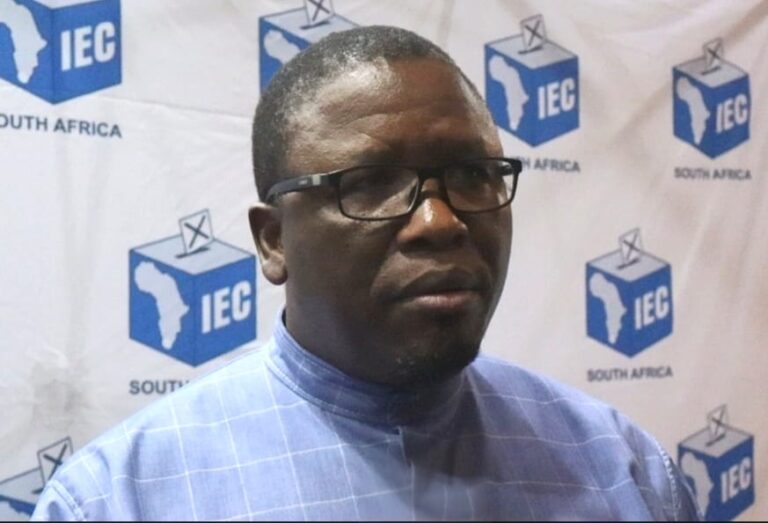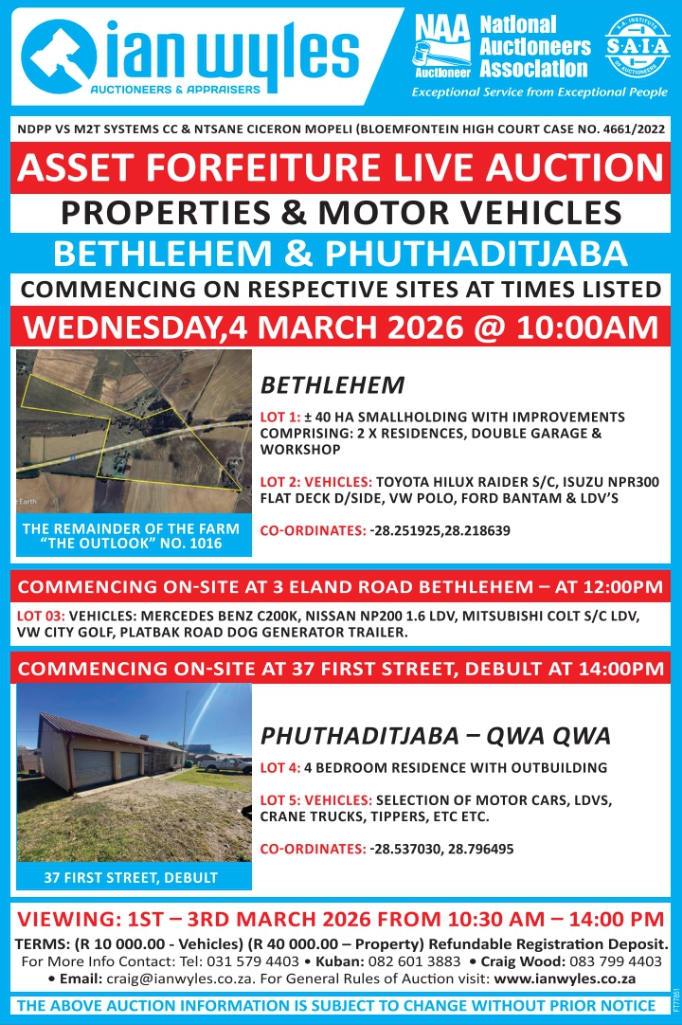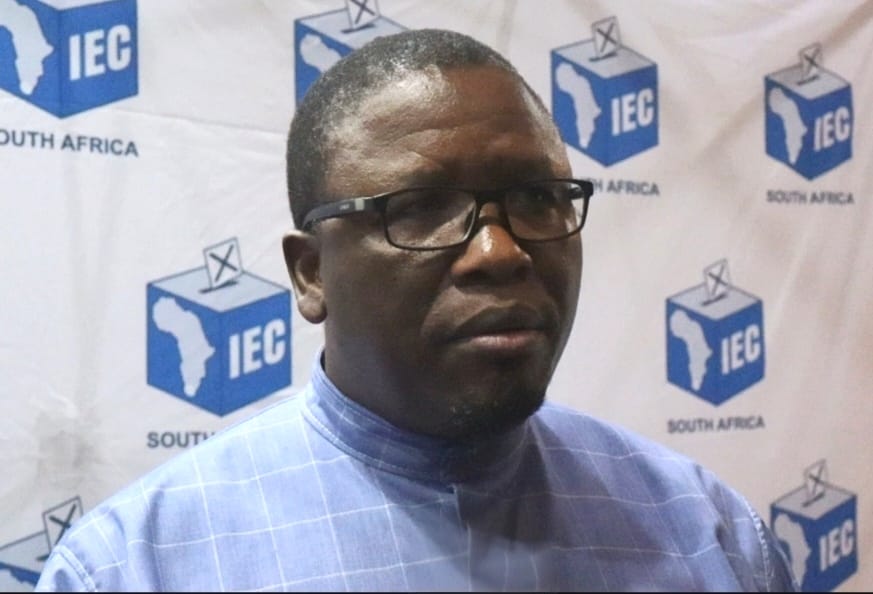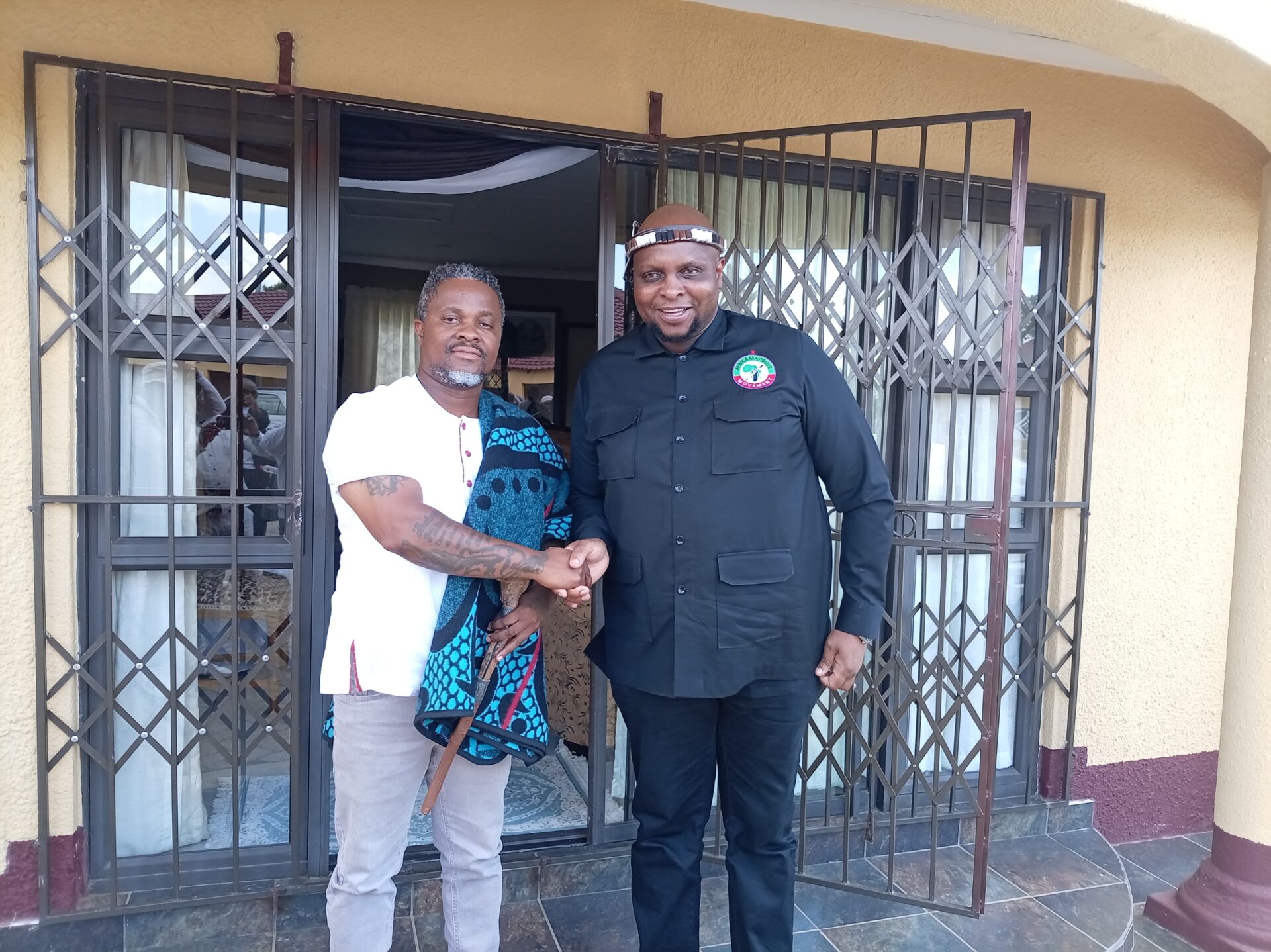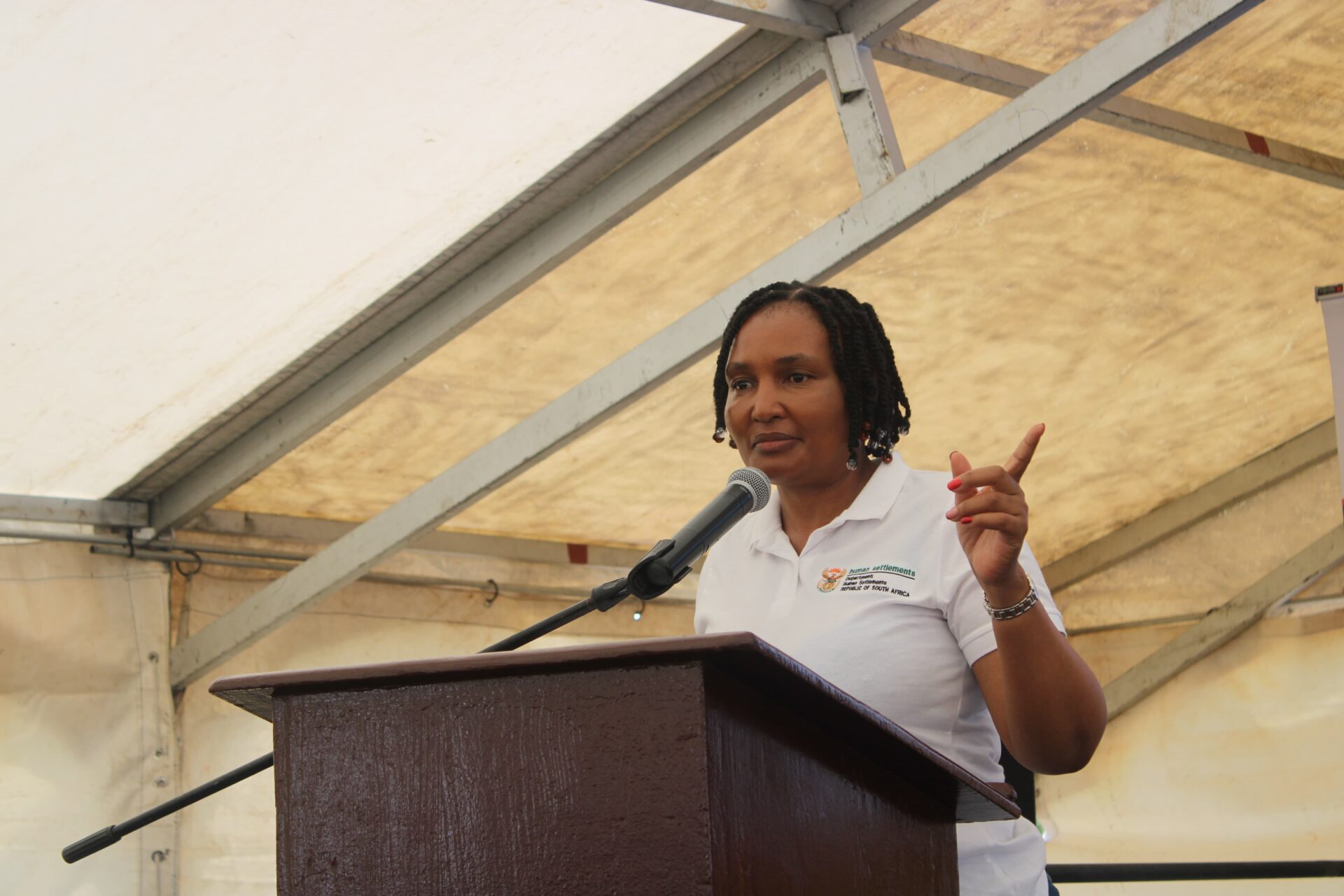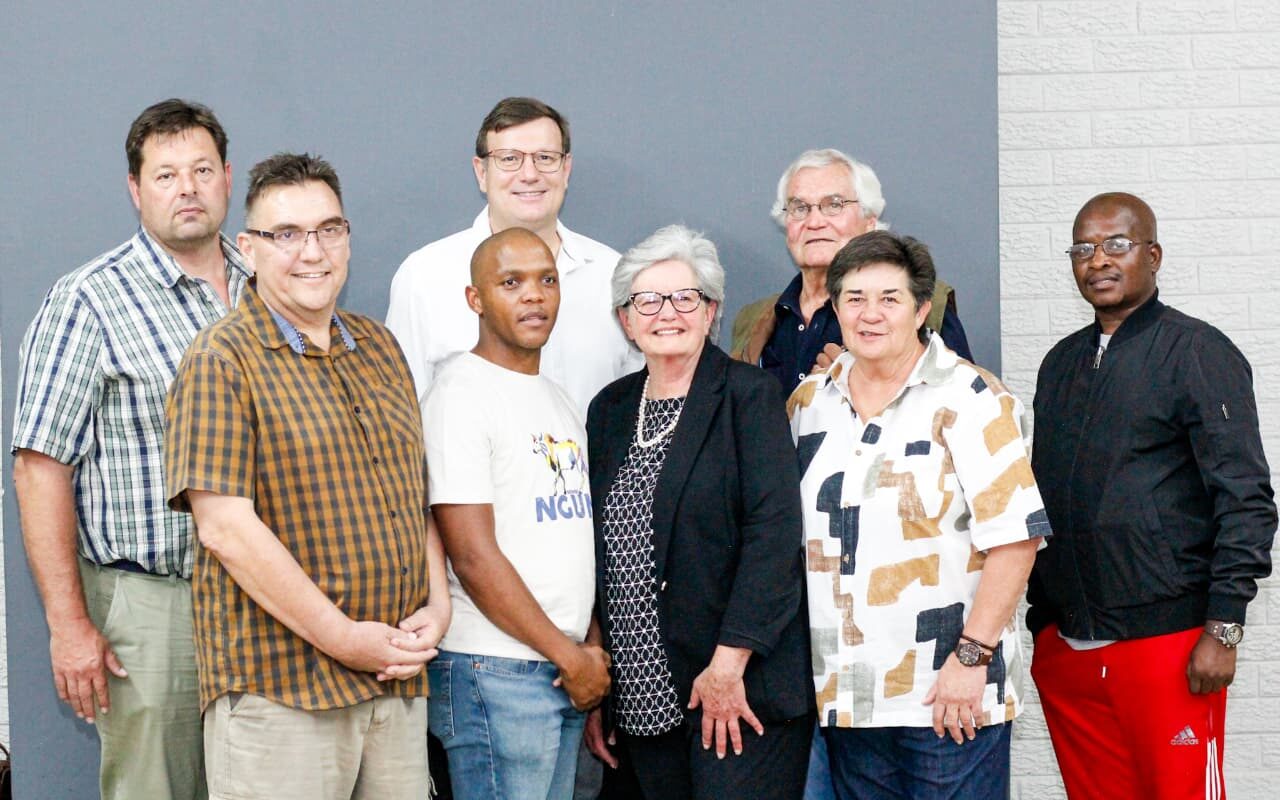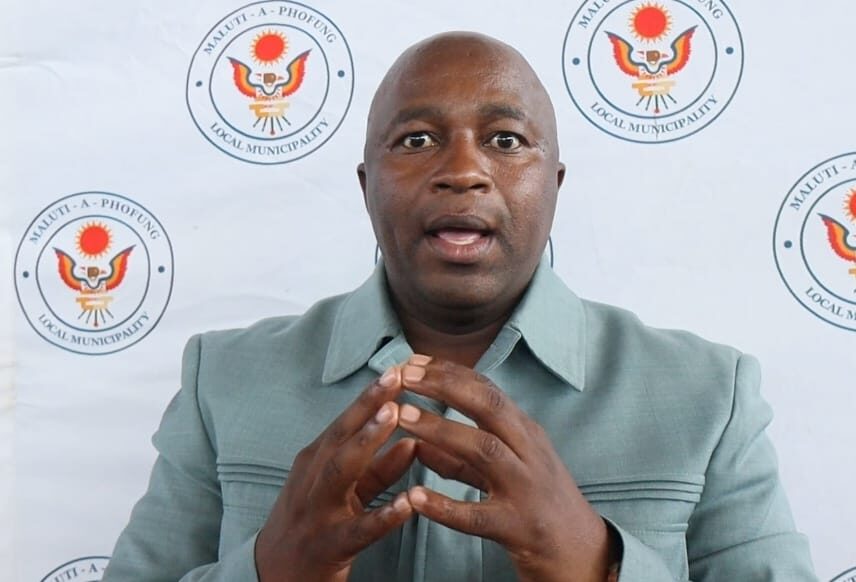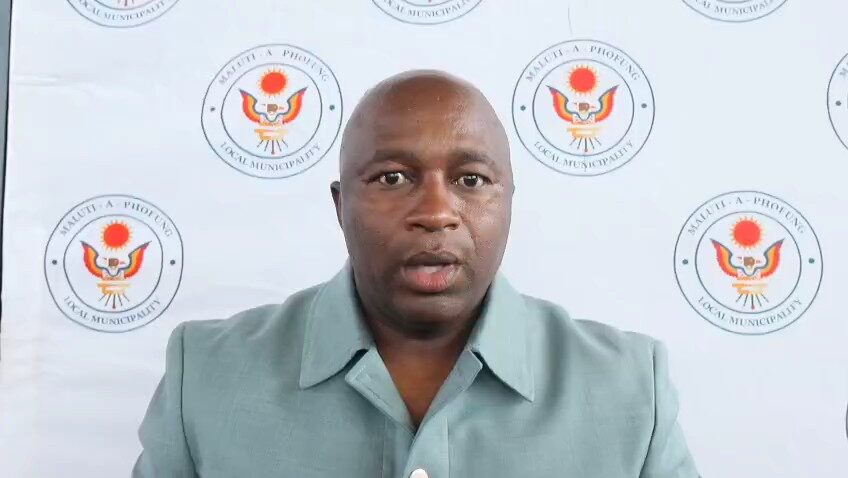By Mahlasinyane Motsoeneng
QWAQWA – The General Secretary of the South African Communist Party (SACP), Solly Mapaila, recently visited the former residence of Janusz Waluś, the convicted assassin of SACP leader Chris Hani. This residence, located in Mabolela, Lefika, in the eastern Free State, has remained an obscure piece of history, one that Mapaila insists must be brought to the attention of all South Africans.
According to Mapaila, investigations have revealed that Waluś lived in this secluded area years before he carried out the assassination of Chris Hani on April 10, 1993, outside Hani’s home in Boksburg. The fact that Waluś once sought refuge in QwaQwa, hidden from the public eye for years, is a historical detail that has remained undocumented and largely unknown.
Waluś, a Polish immigrant and far-right extremist, was sentenced to life imprisonment for Hani’s murder, a crime that nearly plunged South Africa into civil unrest at the height of its transition from apartheid to democracy. His recent release on parole and subsequent deportation to Poland has sparked renewed outrage, particularly given his lack of remorse. When he arrived in Poland, Waluś told journalists that, if given a choice, he would not have committed the murder, yet he stopped short of expressing any genuine regret.
Mapaila emphasized the deep wounds still felt by Hani’s family and the broader South African community, particularly because Waluś never participated in the Truth and Reconciliation Commission (TRC) process or engaged in restorative justice efforts.
“We remain deeply aggrieved by his release. From the beginning, we argued that Waluś should only be considered for parole if he fully disclosed the truth behind the assassination, including who ordered the hit on Hani. To this day, he has refused to do so. Even now, months after his release, he has publicly admitted that he does not regret his actions. This raises serious questions about the judicial system’s decision to grant him parole. I wonder how those judges felt after hearing his words upon returning to Poland, ” Mapaila said.
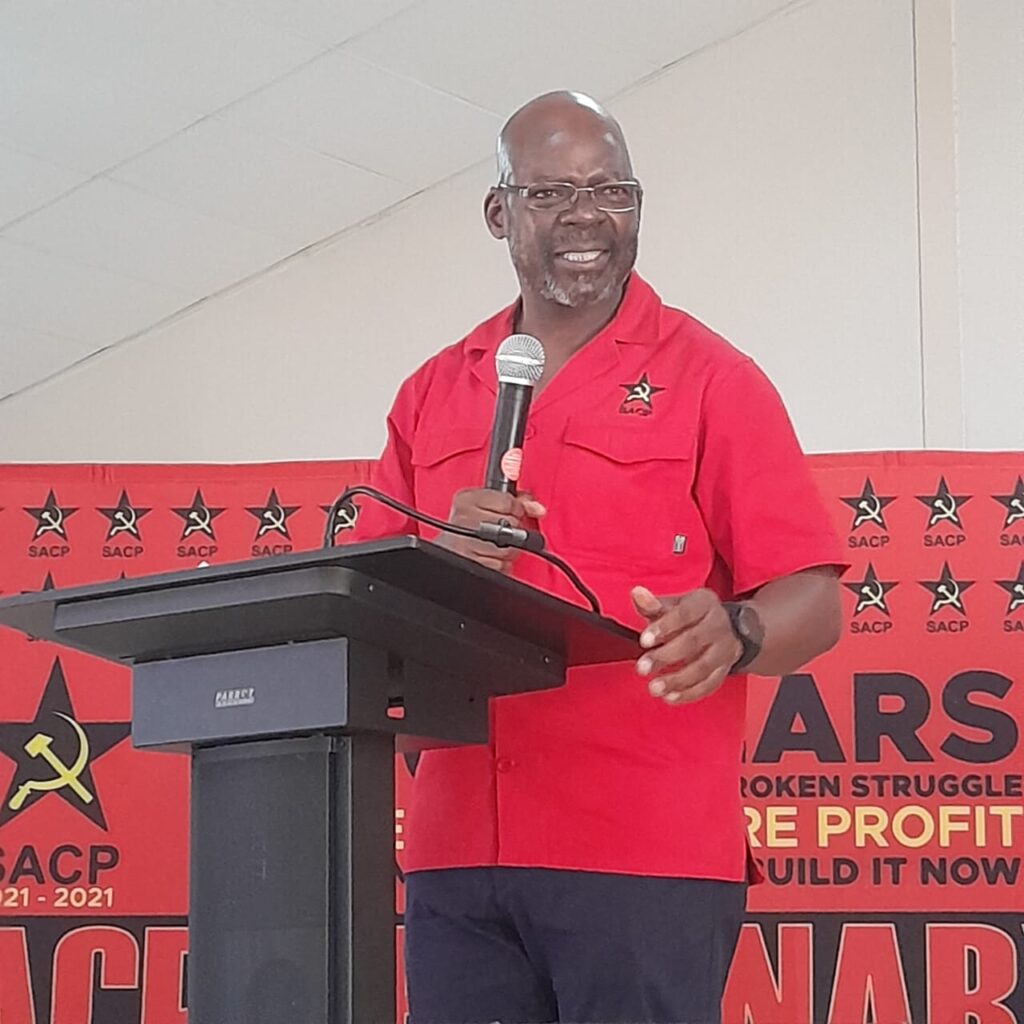
SACP Secretary General Solly Mapaila during his visit to Qwaqwa.
The site where Waluś allegedly lived in QwaQwa is nestled beneath the Maluti Mountains, near the historic NG Kerk and the former training centre for ministers. Mapaila also revealed that Waluś had used this location for business purposes, collaborating with local entrepreneurs to operate a company from the premises. Today, the site functions as a guesthouse and commercial space, with its past largely erased from public memory.
A Forgotten Chapter in South Africa’s Struggle History
Chris Hani’s assassination remains one of the most defining moments in South Africa’s history. At the time of his murder, Hani was not only a key leader in the SACP but also a high-ranking official in Umkhonto we Sizwe, the armed wing of the African National Congress (ANC). His assassination, orchestrated by Waluś and right-wing politician Clive Derby-Lewis, was intended to derail the country’s transition to democracy.
However, Hani’s death had the opposite effect, it galvanized the nation, prompting urgent negotiations that led to South Africa’s first democratic elections in 1994.
The revelation that Waluś once lived in QwaQwa adds a new layer to this historical tragedy. It highlights how apartheid-era operatives and their allies found refuge in remote locations, evading scrutiny while conspiring against the liberation movement. For the SACP, uncovering and documenting these hidden histories is essential to preserving the memory of South Africa’s struggle for freedom.
As South Africa continues to grapple with unresolved questions surrounding Hani’s murder, Mapaila’s visit to Waluś’ former hideout serves as a powerful reminder of the long shadows cast by the past.







